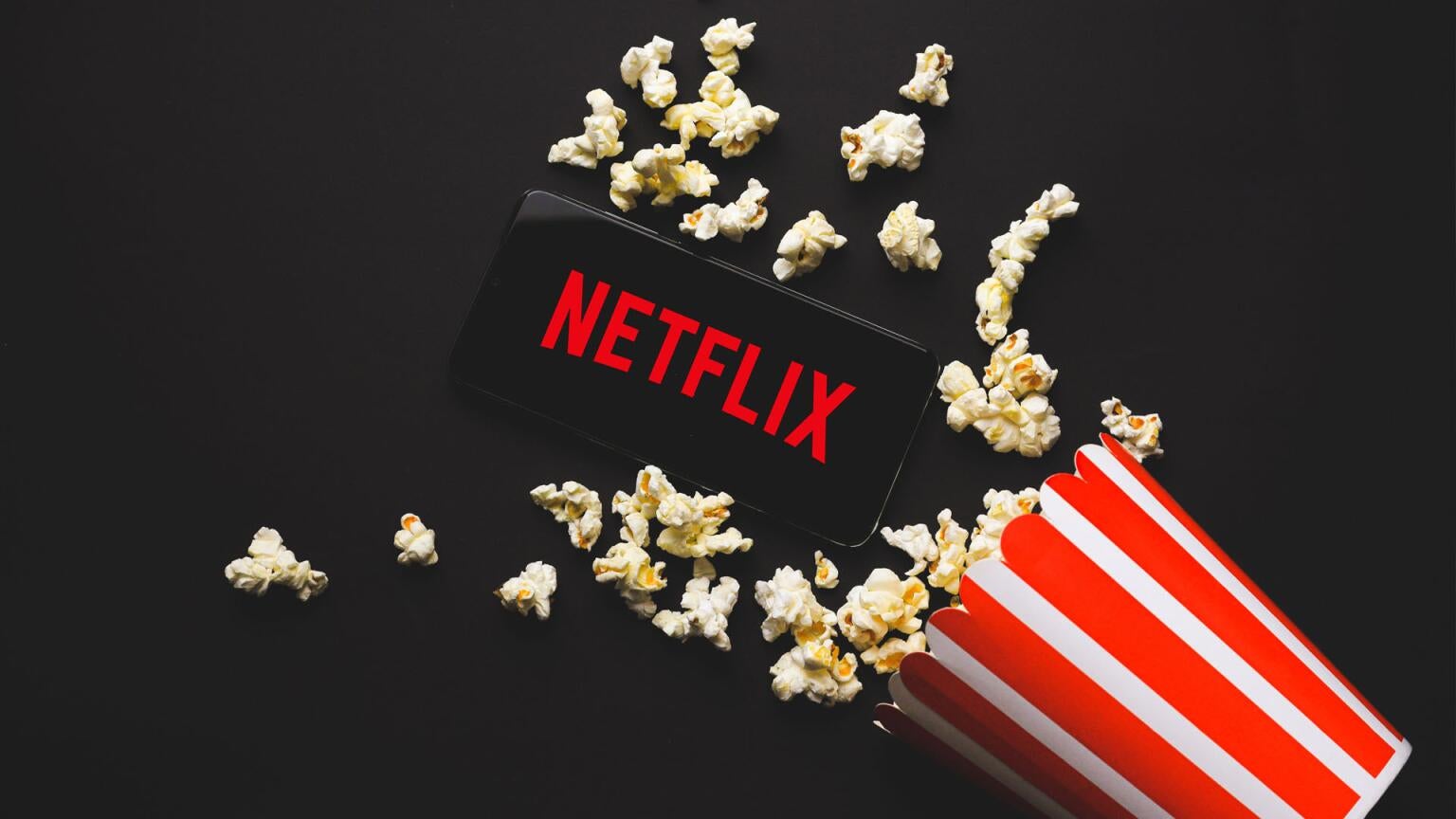Survey: Nearly 40% of Adults Say They’ll Lose Access to Netflix Thanks to Password Sharing Rules; Youth Hit Hardest
Survey: Nearly 40% of Adults Say They’ll Lose Access to Netflix Thanks to Password Sharing Rules; Youth Hit Hardest

From the perspective of a number cruncher at Netflix, the introduction of rules against password sharing is a no-brainer decision. Streaming services across the industry are trying to figure out how to become profitable, but Netflix has already reached that goal. So what’s the next step? Increase profits, of course!
Instead of waiting and watching profits creep upward over time, however, Netflix has decided to attempt to catalyze faster growth with its password-sharing restrictions. The company knows it will lose some customers in the short term, but hopes in the long term to see its average revenue per user (ARPU) increase as more people either pay for another user to be added to their account, or that formerly sharing users sign up for an account of their own.
New data from research firm Civic Science is providing some insight into which demographics will see the biggest decline in users for Netflix. Customers in general appear apprehensive about the rules; 39% of all Netflix-using adults in the United States say they are either “somewhat” or “very likely” to lose access to the service now that the crackdown has officially begun.

The youngest demos will be the hardest hit by Netflix’s decision to try to halt account sharing. A whopping 75% of Netflix users age 18-24 say they’re at least somewhat worried about losing access, and that number only drops to 57% for the 25-34 age bracket. A majority of people under 35 think there’s a good chance they’re about to lose Netflix, and that’s undoubtedly a problem for the company.

Adults in the age 18-34 group watch nearly 25% less linear TV than older viewers, and streaming is one of the main alternatives for this demographic. If Netflix loses a sizeable portion of these viewers permanently, the wisdom of its password-sharing rules could certainly be called into question.
One of the biggest problems for Netflix is that it essentially trained an entire generation of viewers to think of password sharing not as taboo, but as the norm. It wasn’t that long ago that the service Tweeted, “Love is sharing a password.” Now, Netflix has some users crying “bait and switch,” and it will have to do some work to rehabilitate its reputation with users.
Love is sharing a password.
— Netflix (@netflix) March 10, 2017
Gen Zers are already less likely to watch streaming than they are to use social media or play video games, which means Netflix’s long-term strategy with password-sharing restrictions might not play out the way it thinks. This generation is already used to seeking other video sources than streaming first; if it perceives Netflix as a bad value or duplicitous, it could be very hard to convince Gen Z to sign up for the service in the future.
Unless churn rates reach drastic levels, don’t expect any about-faces from Netflix regarding its new guidelines to stop password sharing. The company estimates that 100 million people worldwide are giving their login information to someone else, and that’s simply too much lost revenue for it to ignore. But younger viewers will be hit hard by the new rules, and many may decide that Netflix is no longer worth their time if they can’t get it for free.
Netflix
Netflix is a subscription video streaming service that includes on-demand access to 3,000+ movies, 2,000+ TV Shows, and Netflix Originals like Stranger Things, Squid Game, The Crown, Tiger King, and Bridgerton. They are constantly adding new shows and movies. Some of their Academy Award-winning exclusives include Roma, Marriage Story, Mank, and Ma Rainey’s Black Bottom.

